
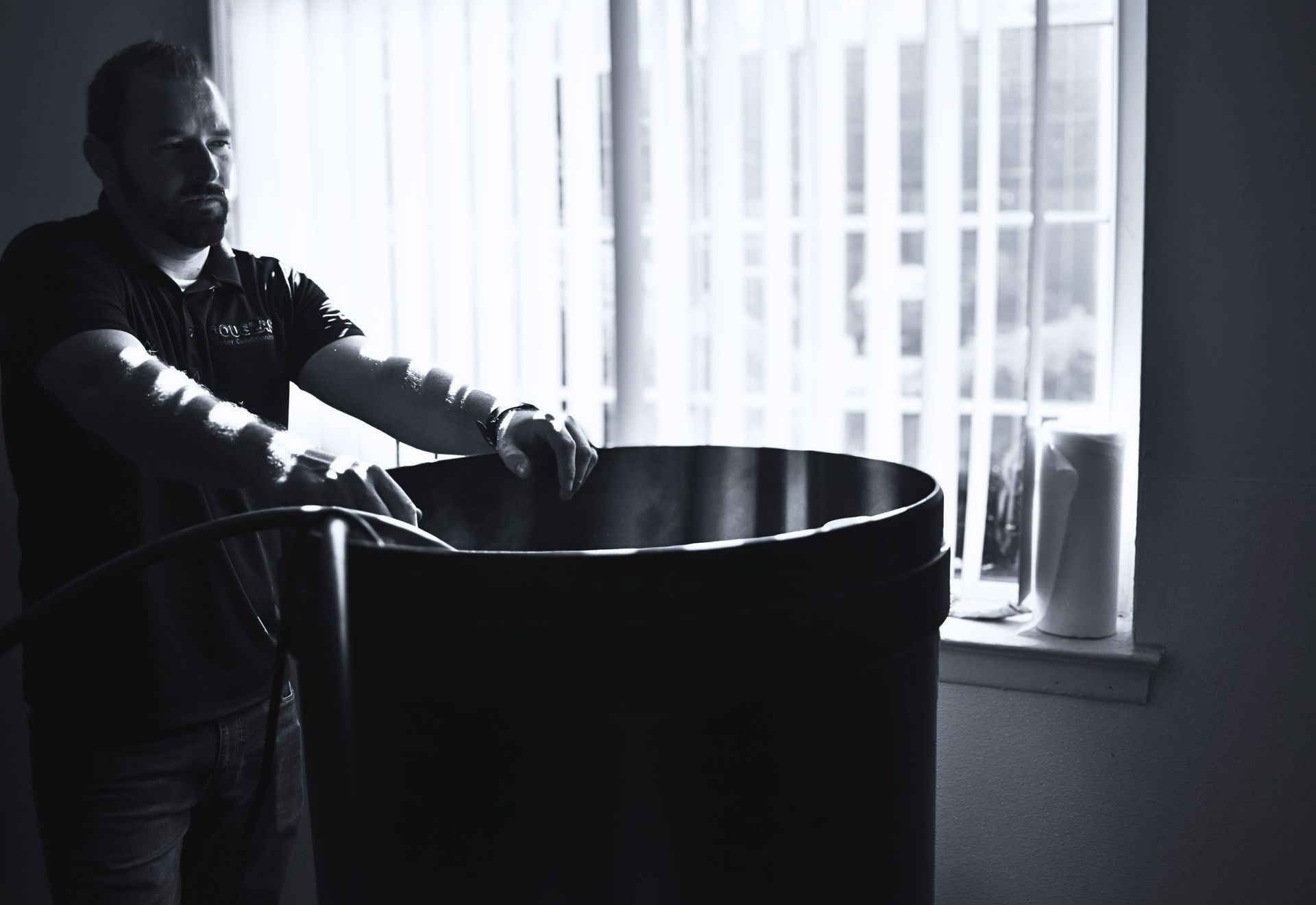
At 21, Mike decided to transition out of landscaping, take business classes, and start climbing the cooperate ladder. He wanted more consistency and the opportunity to build a name for himself. Over the next ten years, he worked his way up, gaining experience in multiple roles.
Eventually, he and his wife realized they wanted to start a family, and the work life balance in corporate wasn't sustainable. "Financially, we were fine, but the work-life balance was horrible," he recalls. "I just decided I wanted to move back home."
By chance, Scott heard Mike was moving back and reached out to discuss the possibility of him joining the team. Mike met with Scott, Jason and Ron to discuss the company's goal and how he could help achieve them. They created a role for him - quality control - where he focused on refining processes and modernizing the business.
Mike always admired how hands on his father was. Douglas wasn't just a business owner - he served on the Commerce Township board, the planning committee, was a volunteer firefighter and a reserve with the Oakland County Sheriff. "It was always something I looked up to and something to possibly achieve," mike says. "I always know i can achieve anything because he was doing way more than what I'm doing today."

One of the biggest lessons Mike has learned as owner is patience. Transitioning from corporate hustle to a family business required a shift in mindset. "Corporate was all about making money and going non-stop," he explains. "Here, we take pride in listening to employees and getting to know their families. We truly are a small family."
Customer care is Mike's ultimate priority. He believes in doing the right thing, educating customers, and ensuring they receive the best possible water treatment. He takes customer concerns personally. "If we get a bad review, those are things that hurt my stomach," he says. "I call those customers personally. Whether it's our fault or not, at the end of the day, we want to make sure they have good quality drink water systems." His philosophy is that no matter the situation, Douglas Water Conditioning must exhaust every avenue to find a solution.
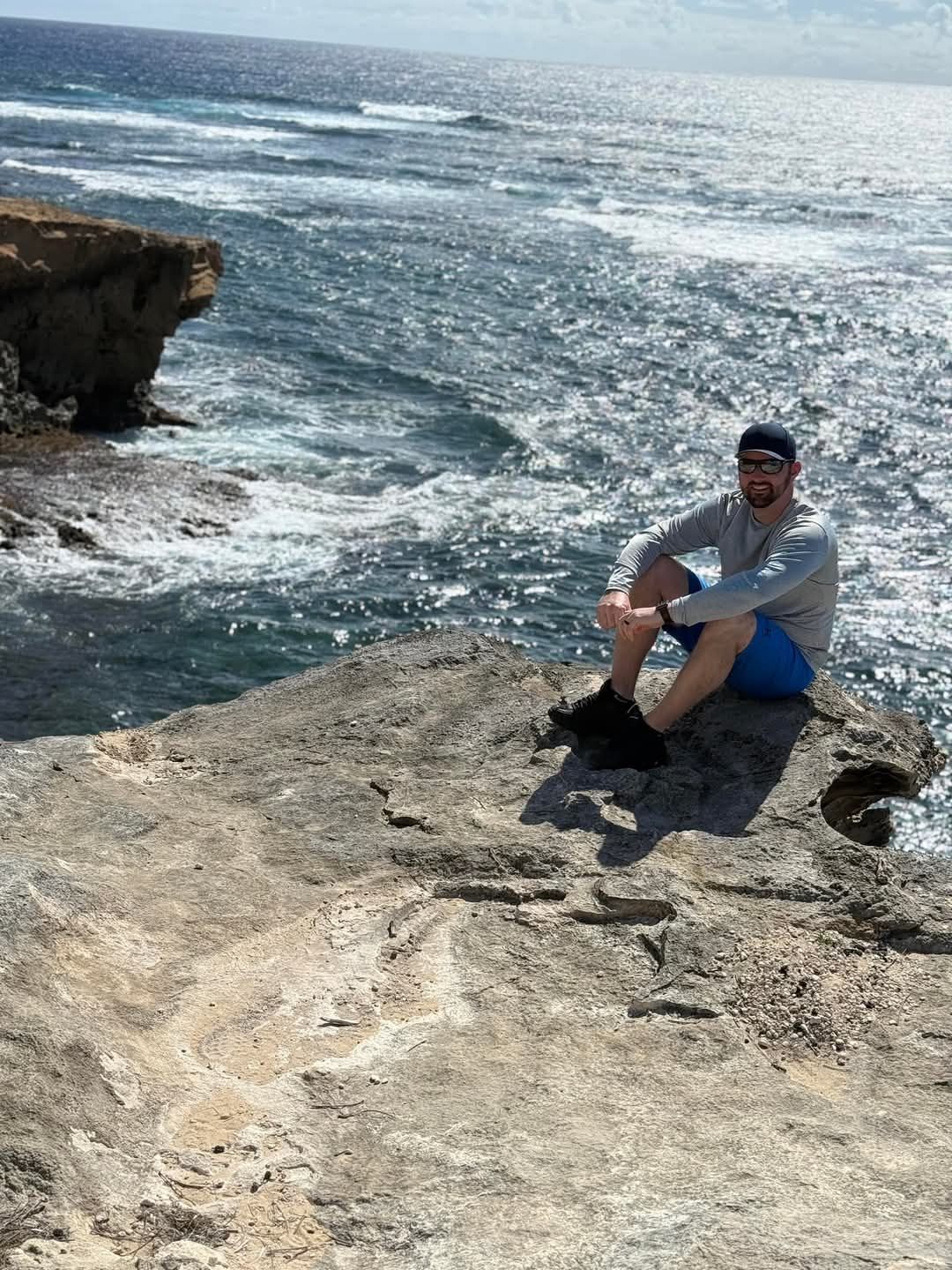
Like Scott and Matt, Mike enjoys outdoor activities. He's always on the move - hunting in the fall, riding snowmobiles in the winter, dirt biking in the summer, and spending Sundays with his family. "I have a three-year old who always wants to be outside and she is my whole life," he says.
His hobbies, especially hunting, provide a much needed reset. "When I'm hunting, I could be sitting for 8 - 12 hours, seeing nothing, but birds and squirrels," he says. "It gives me time to think." With the demands of the water industry, calls can come at any time of the day. "I enjoy what I do, and I love this industry, but there has to be time set aside for family and decompression."
Mike takes pride in his versatility within the company. He's done everything from working the front counter to running service calls. However, his goal is to focus more on teaching. Looking ahead, Douglas Water Conditioning is expanding. The company recently added plumbing services and aims to continue growing in Michigan, from Oxford to the Thumb region. "We want to grow at a steady pace while keeping the family atmosphere intact," Mike says.
When it comes to honoring his father's legacy, Mike emphasizes slowing down and prioritizing customer care. "As a business owner, you have to take a step back and understand that the customer is the most important thing," he says "We need to be educated enough to take care of them, speak to them properly, and follow through on our commitments. Everything else will follow after that."
Mike Lanni Brings a modern perspective to Douglas Water Conditioning while maintaining the company's core value of integrity, education, and exceptional customer service. With his leadership, the future looks bright for water treatment.
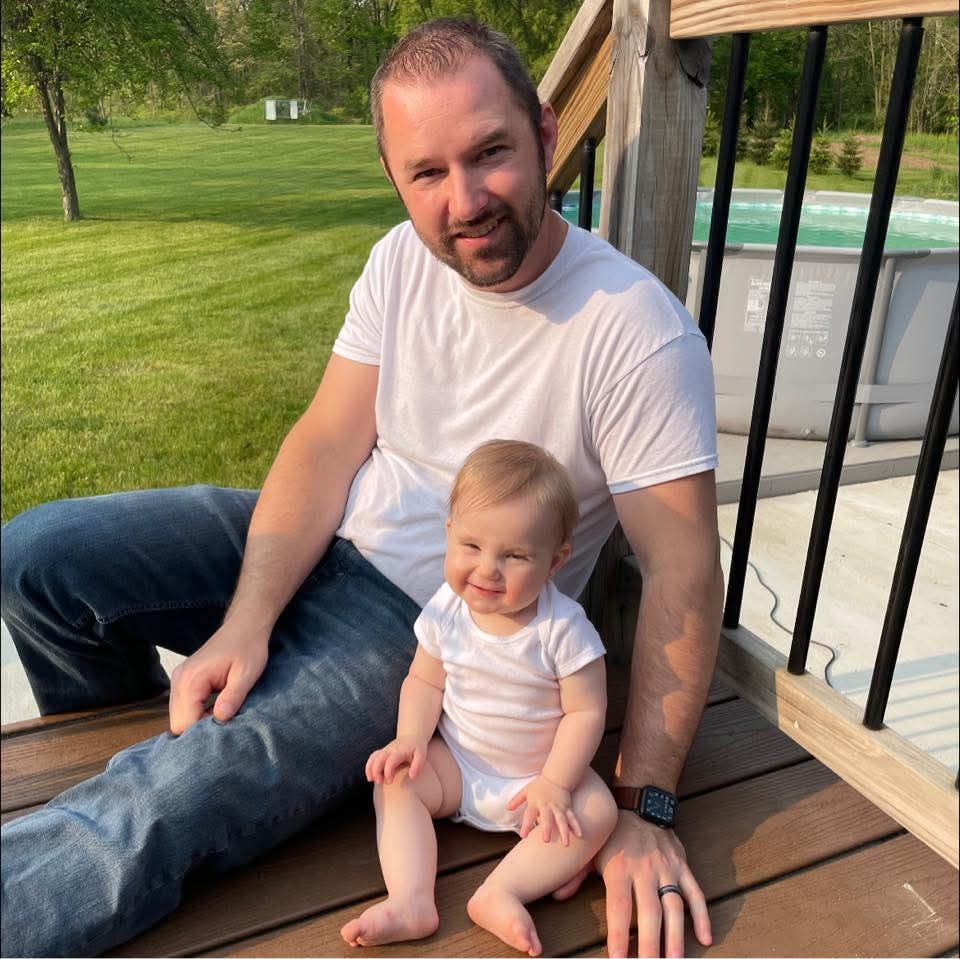
Follow Us For Facts About Water!


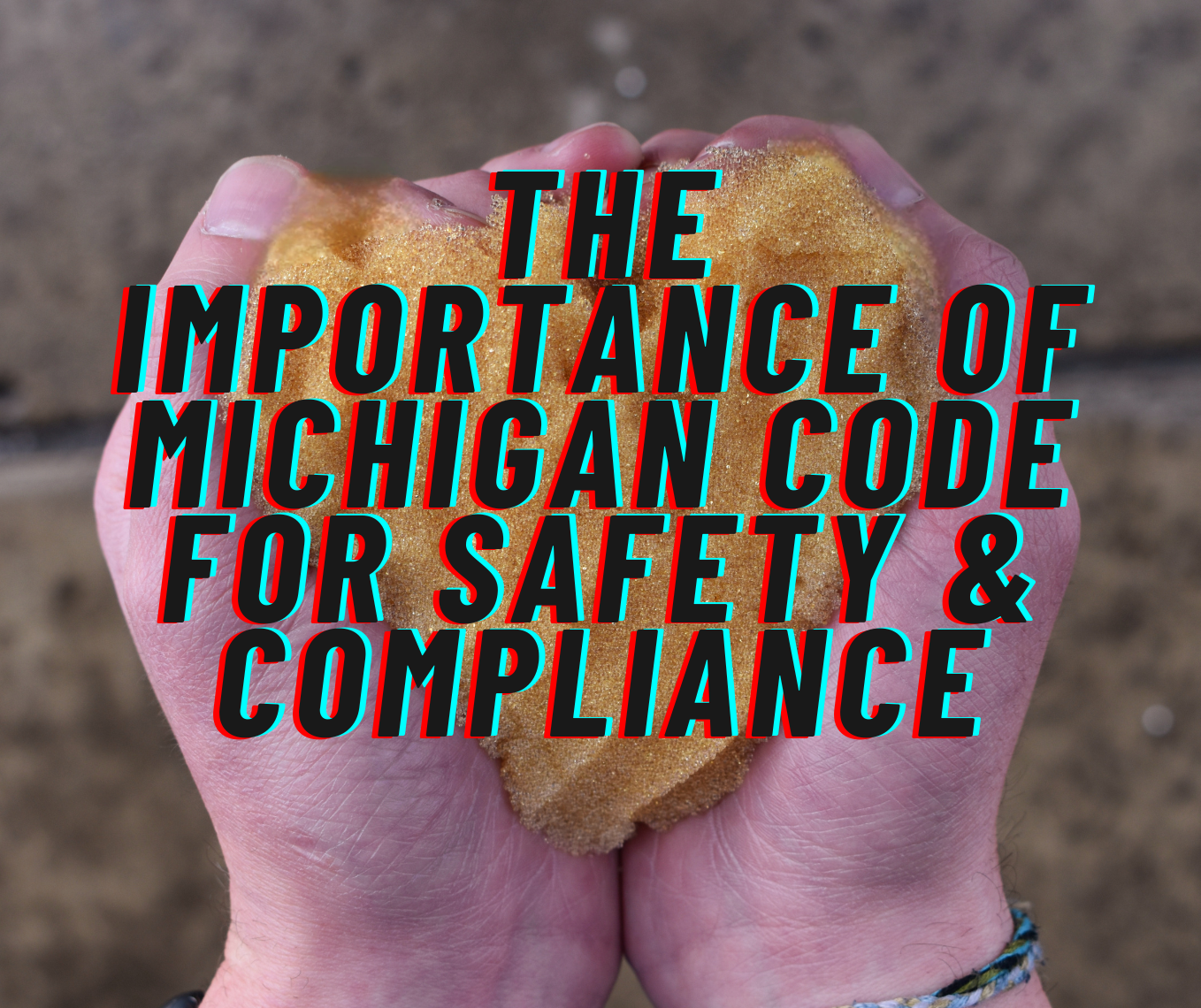

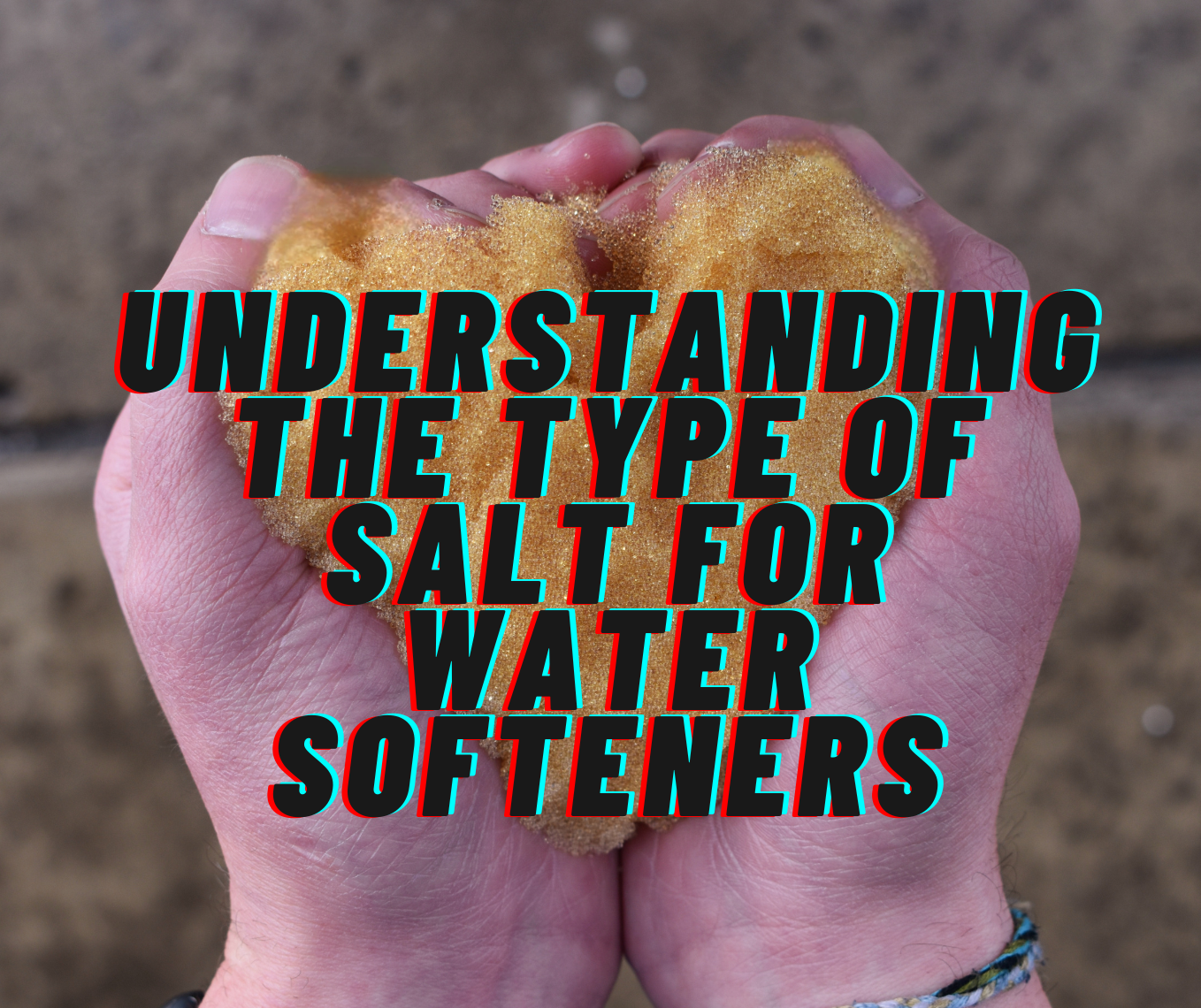
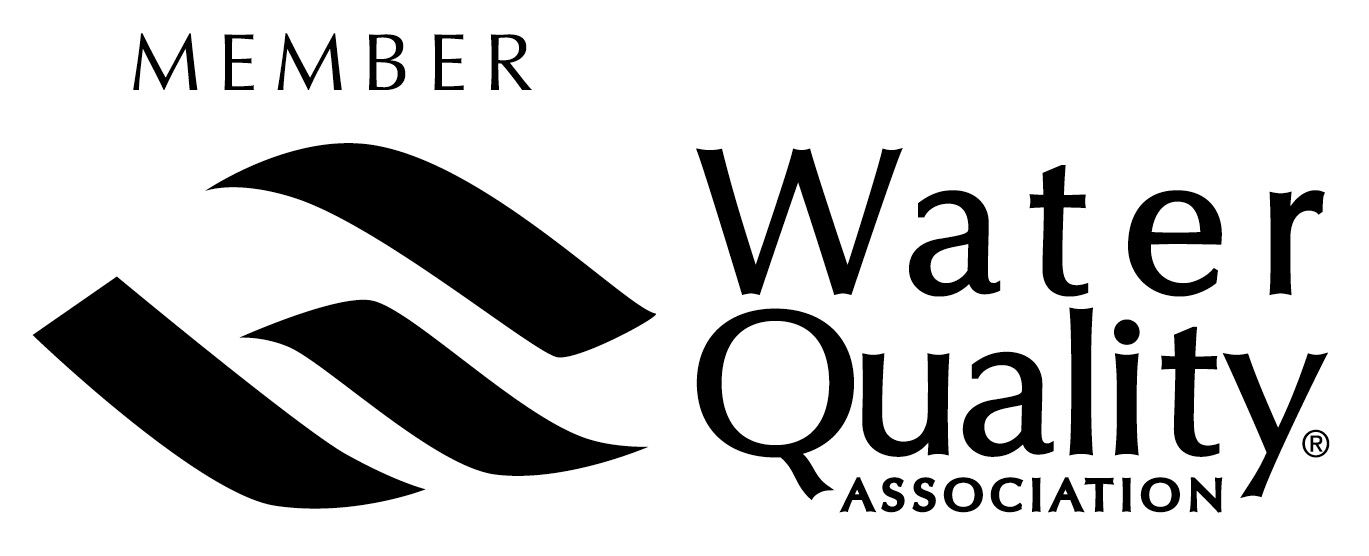

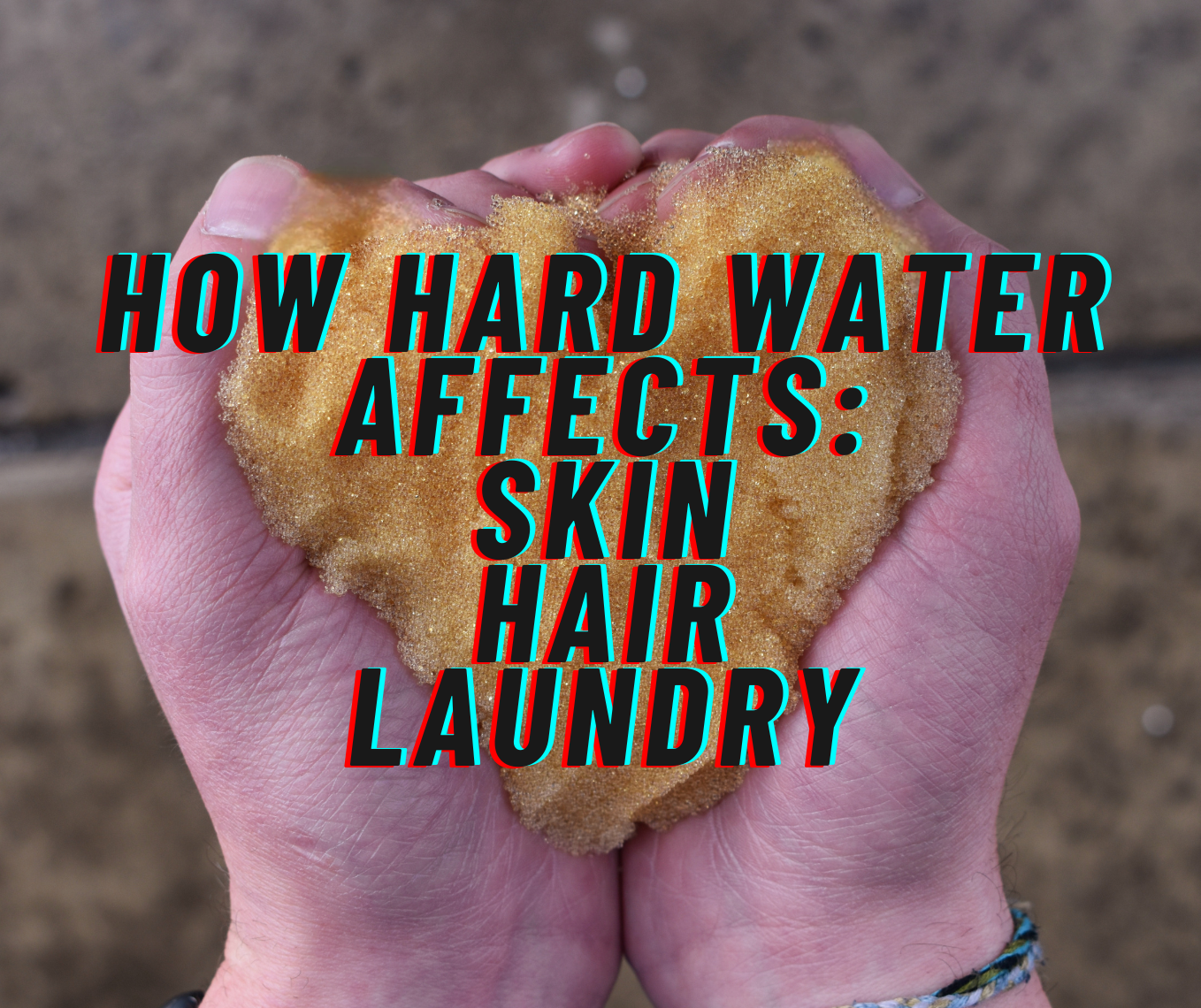

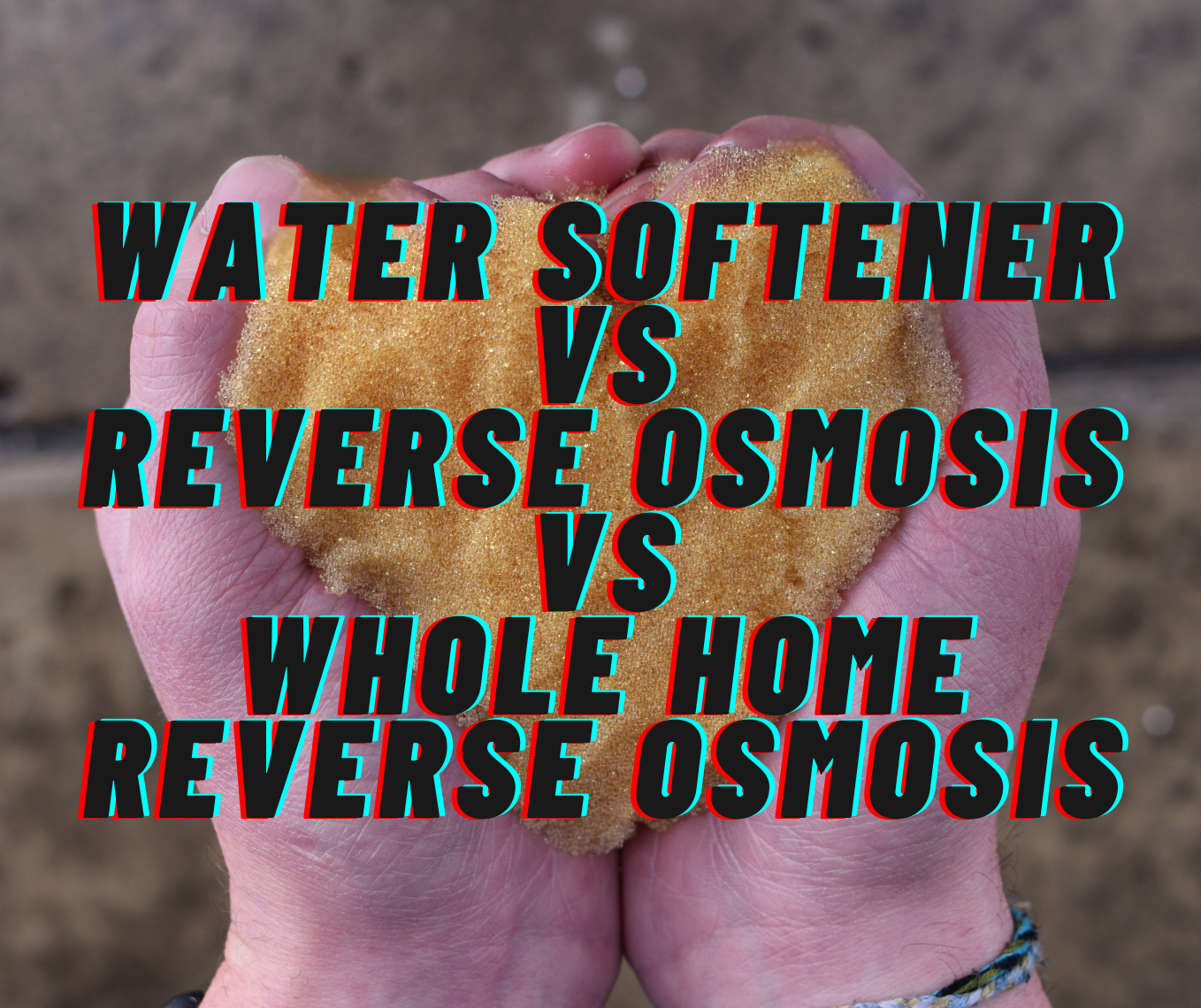
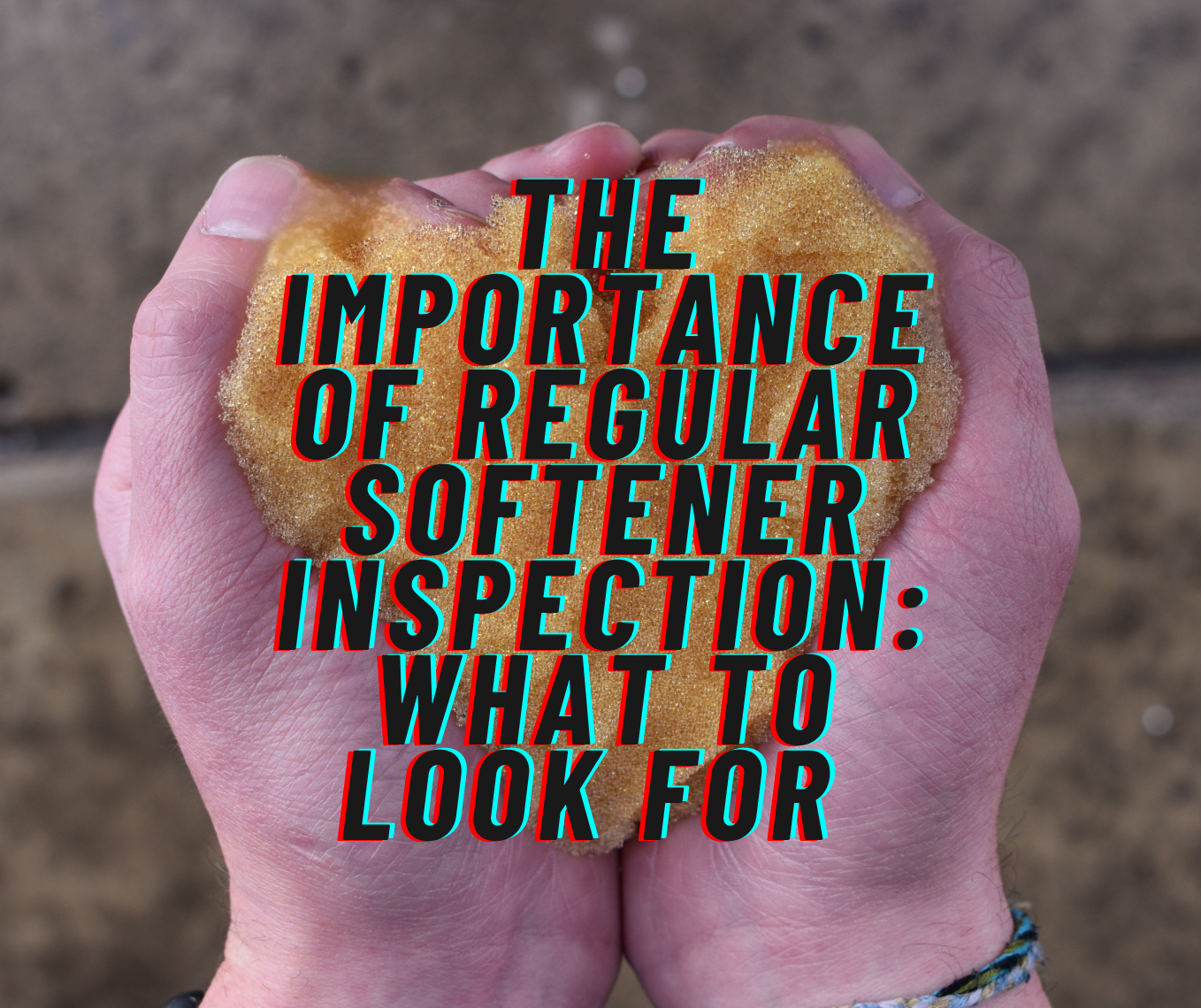
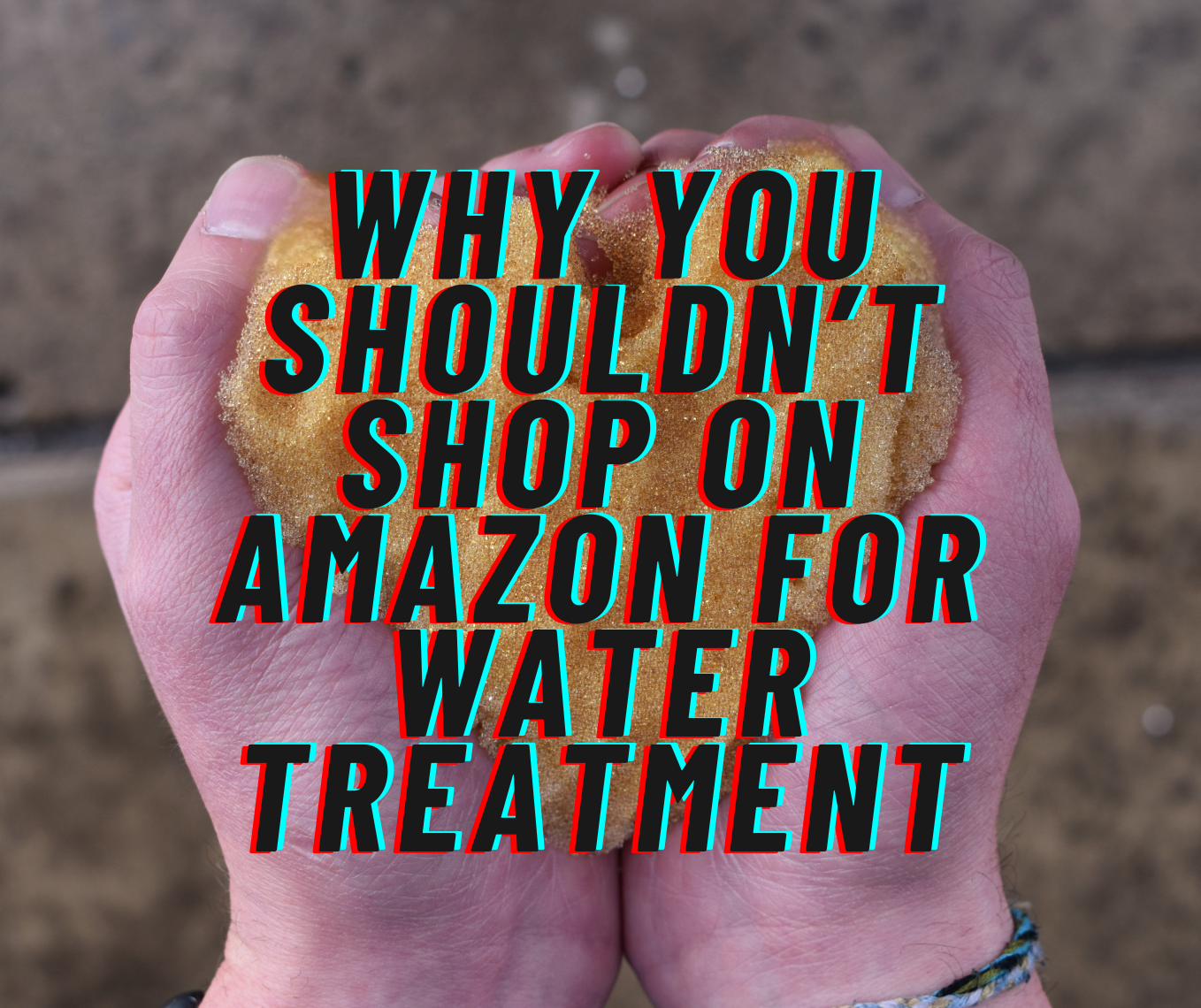
Share On: